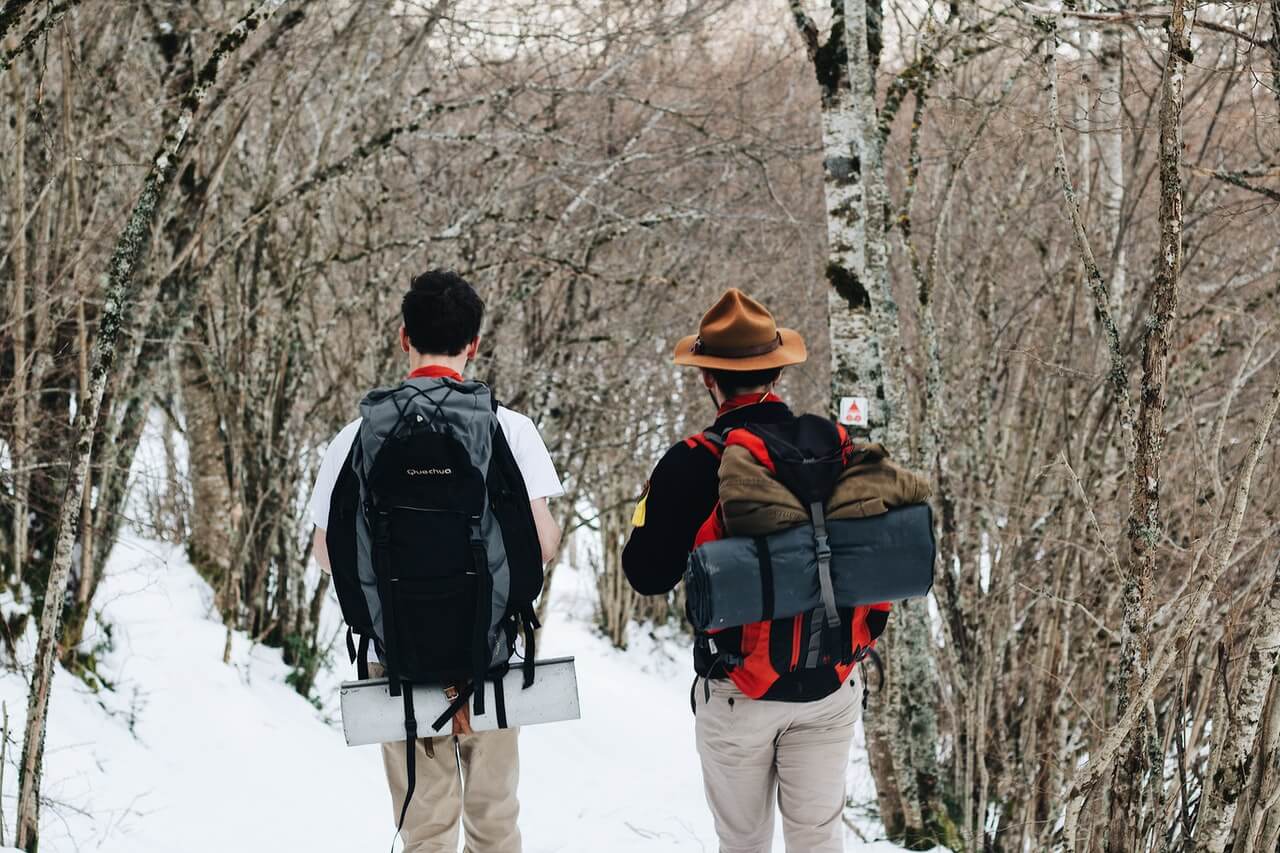If you are just getting involved in the outdoor hiking camp, you must not rush into it. The following advice is given for your reference.
1. Consider the weight
It is recommended that you carry as light a load as possible and have a degree of flexibility. But also to include your necessary necessities. Especially if you are going out for a long hike, you want to take it easy.
2. Choose a backpack that suits you
We should first follow the attitude of comfort and lightness to choose a suitable backpack for ourselves. Backpack is too important, if your backpack makes you feel uncomfortable, then it will not be good in the future trip. So, you still need to be careful with your backpack.
3. Don't bring valuables as much as possible
Diamond rings, gems, etc., any valuable, precious items that are meaningful to you, do not bring when you go out hiking, because when you go out hiking, you will focus on doing related things, such as running and climbing, etc. You bring if you bring these one is not necessary and inconvenient, and then if you lose it, you will hardly find it.
4. Choose a pair of shoes that fit
What could be worse than wearing a pair of shoes that don't fit while you're hiking? If you buy a new pair of shoes, then you wear them for a week to get used to them before you hike, because new shoes generally rub your feet. No one wants to spend time walking with blisters all over their feet. When choosing shoes, remember that a pair of shoes for you should all take into account a wet environment, the ability to waterproof, dry climate, ventilation, breathability and other factors.
5. Let others know where you are going
This one is also particularly important, after all you are going to an outdoor environment, you need to tell your friends and relatives around you where you are going anyway. What is your route roughly like, let them know where you are, and let them know what route you intend to take. Don't feel that this is unnecessary, it is very necessary, especially if you are on your own and alone. At all times, safety always comes first.
6. Know exactly what equipment to bring
It's a good idea to make a list about everything you need, what to bring in your backpack when you go out, what equipment to place, etc. Even experienced hikers should do this when they leave home to prevent you from forgetting important things. Also, a first aid kit is a must.
7. Properly assess physical fitness
If you are not used to walking many miles down the road in a day, then don't force yourself. Be sure to set how much you should walk each day based on your body's own reality, and execute your plan based on your experience. Avoid unnecessary trouble and risk along the way.
8. Learn the resting step
For walking, everyone has a set of their own way, when hiking, you should use a more comfortable way to walk, so that your physical strength can be used scientifically and effectively.
9. Pay attention to scientific rest
Generally every 50 minutes of walking need to rest 10 minutes, different people can be measured according to their own situation plus or minus.
10. Get used to using hiking poles
In outdoor activities, the proper use of equipment can sometimes get twice the result with half the effort. For outdoor enthusiasts, if you can have two trekking poles with you when you are hiking, it can bring you a lot of convenience.
11. Learn to discern direction and determine your bearings
Safety first is a prerequisite for easy outdoor hiking. In the wild, it can be dangerous if you get lost accidentally. In order to avoid getting lost, in addition to activities with an experienced leader and guide. As each participant in the hike, you also need to pay more attention and be clear about your location and direction. If there are many such attentive "old horses" in the team, once lost, you can usually return to the way you came.
12. Protect your knees
Many hikers suffer from pain because they do not pay enough attention to the protection of their knees, which are the weakest joints in the human body and are the most stressed. Knee injuries can come suddenly and are likely to be irreversible. In order to maintain our health, the maintenance of the knee should cause us special attention.
Finally, remember that there is nothing wrong with being proactive, taking a little extra time to prepare some basic food, water, elements of protection, navigation, maps, fire, knives, flashlights and first aid kits, and constantly learning from our mistakes.


